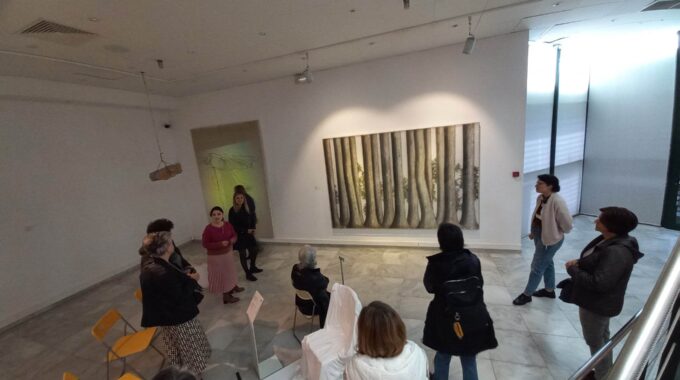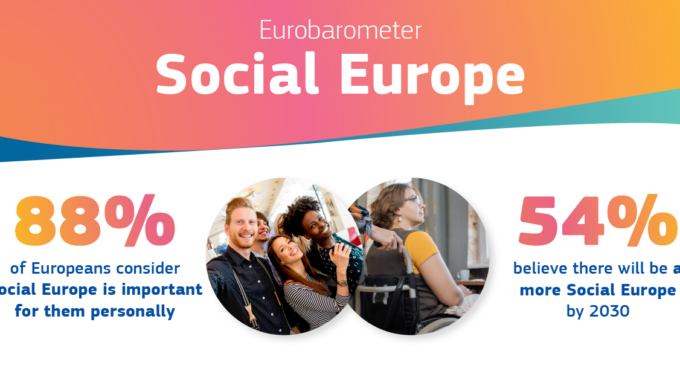WHO – High-level Conference on Health Equity: Accelerating Progress Towards Healthy and Prosperous Lives for all in the WHO European Region (June 11–13)
About the High-level Conference on Health Equity
The High-level Conference on Health Equity, hosted by the Government of Slovenia, will provide evidence and information on the solutions that can be implemented to reduce health inequalities and accelerate progress towards better health, well-being and prosperity for all in the European Region.
The Conference will highlight the 5 essential conditions needed to live a healthy life, and show how addressing these can transform the lives of those being left behind while increasing everyone’s well-being and prosperity. It will illustrate how shifting from fragmented approaches to integrated solutions and empowering approaches delivers rapid and sustainable improvements in health for all.
The Conference will also show how countries can make real progress in reducing gaps in health and well-being, even within government electoral cycles. This underscores the need to systematically ensure that social values such as solidarity, equity and inclusion have a place in the fiscal and growth decisions made within and between countries and by transnational bodies.
Background
The call to address health equity, gender equality and the right to the highest attainable standard of health has become more urgent. Across the WHO European Region, average life expectancy is increasing and infant mortality is falling, and yet health inequities within countries persist.
Equity in health is a fundamental value of the Health 2020 European health policy framework and is prominent in the 2030 Agenda for Sustainable Development, which urges countries to leave no one behind. Moreover, WHO’s General Programme of Work for the next 5 years seeks to ensure the highest attainable state of health for all and universal health coverage.
All countries in the Region have strengthened the integration of the determinants of health into wider government policies and plans through multisectoral working groups and committees at all levels, from local to national. But changes in policies that affect health determinants such as work and social protection, often in response to the global financial crisis, have left more people at risk of income and employment insecurity.
Despite worrying trends, findings of HESR reveal that within-country differences in mental health, well-being and life-limiting illness can be reduced even in the short term (2 to 6 years) through proportionate universal policies and engagement with communities and those being left behind.
In this context, and with this new evidence, WHO/Europe will bring together Member States, international organizations and civil society in Ljubljana, Slovenia, on 11–13 June 2019 to identify and discuss ways to accelerate progress towards health equity.





